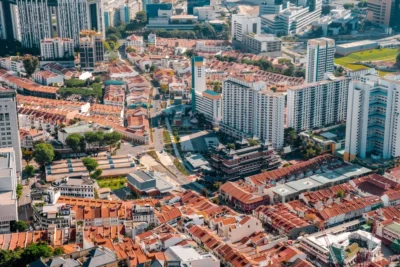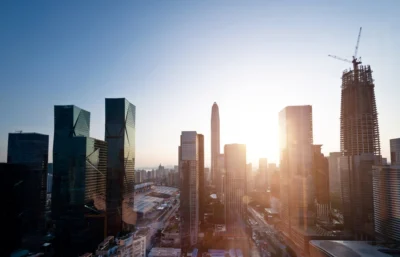The Philippines’ first underground railway breaks ground

Transport officials in the Philippines broke ground yesterday its PHP350-billion (USD6.5 billion) subterranean mass rapid transit system, the country’s first.
Groundbreaking ceremonies for the 36-kilometre-long Metro Manila railway mark “a historic day for the Philippines”, the Transportation Department said in a media statement via Manila Standard.
The department is currently paring down bidders for operation and maintenance of the project, set for full completion in 2025.
A Filipino-Japanese joint venture that includes Shimizu Corp., Fujita Corp, Takenaka Civil Engineering Co. Ltd. and EEI Corp. will design and build the first three of 15 stations for completion in 2022. The companies are also undertaking the construction of the railway depot in the city of Valenzuela, where the ceremonies took place, and facilities of the Philippine Railway Institute, the Standard reported.
The Philippine government signed a PHP51.3-billion loan agreement for the project with Japanese counterparts in March 2018.
Property analysts have welcomed progress of the underground transit, with Colliers Philippines expecting the project to raise prices of land and properties within a kilometre of the stations.
“We see residential land values around the stations rising by at least two-fold while commercial land values will likely increase by at least three-fold from the start of construction to full operation of the subway,” said Paul Vincent Ramirez, Colliers Philippines’ director for valuation services, in a statement in November.
“Other stations may experience higher land value growth especially those connected with other mass transit systems and near greenfield or brownfield properties which can be redeveloped into townships or mixed use communities,” he added.
Recommended
Foreign demand recalibrates in Southeast Asia housing markets
Even amid global headwinds, Southeast Asia’s property markets hold appeal for foreign buyers
Tariffs and turmoil test Singapore homes as suburbs hold firm
Foreign levies, regional wars, and buyer fatigue are putting pressure on the city-state’s housing market
Gulf luxury markets lure global capital amid policy shift
Gulf nations are shaking off a reputation for overt bling to lead a post-pandemic luxury boom
China housing slump deepens as oversupply drags prices
Concerns remain over surplus inventory built by troubled property developers as prices continue to fall across all but a handful of major cities







